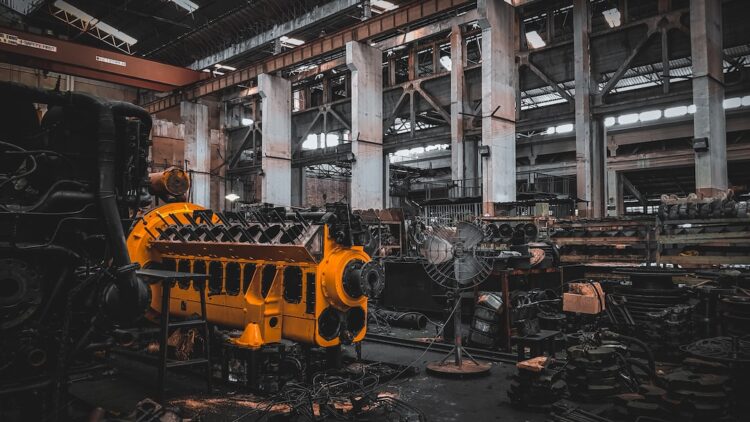The manufacturing process is a complex and intricate process that requires careful planning and execution to be successful. Managing the production process in manufacturing can be a daunting task, but it is essential to ensure the production process runs smoothly and efficiently. In this article, we’ll discuss best practices for managing production processes in manufacturing.
1. Document and Standardize Processes:
The first step to managing production processes is to document and standardize processes. This will ensure that everyone involved in the production process is aware of their responsibilities, and everything is done in the same way every time. Standardizing processes also allows for easier monitoring, troubleshooting, and quality control.
2. Implement Lean Manufacturing Principles:
Lean manufacturing is all about minimizing waste and maximizing efficiency. Implementing lean manufacturing principles can help businesses streamline their production process and reduce costs. Managers can employ just-in-time manufacturing, where products are only produced when needed to eliminate waste in inventory and reduce lead times.
3. Use Technology to Automate Manual Processes:
Automation can help eliminate many types of manual processes, such as data entry, order processing, and quality control. Managers can invest in computerized systems to automate these processes, reduce labor costs, and speed up the production process. Automated technology can also provide machine efficiency data to identify bottlenecks and optimize production.
4. Train and Manage Personnel:
Personnel training is crucial in any production process. Managers should ensure that employees have the right skills and knowledge to carry out their duties correctly. Training personnel is also an opportunity to improve efficiency, reduce wastage and improve product quality.
5. Implement Quality Control Procedures:
Quality control ensures that the product meets the desired standards before leaving the manufacturing facility. Managers must establish quality control procedures such as inspections, testing, and audits. The process must ensure that the production process aligns with the desired output, and the product meets the necessary quality standards.
6. Monitor and Analyze Performance:
Monitoring and analyzing performance is always essential in managing production processes. Managers must monitor the production process using key performance indicators (KPIs) to see how the process is progressing. Analyzing KPIs provides the data needed to identify areas of improvement, adjust to unexpected variables and drive continuous improvement.
7. Continuously Improve Production Processes:
Continuous process improvement is critical to manage a production process successfully. Managers must always look for ways to improve the production process, reduce costs, increase efficiency, and improve quality. With a focus on process improvement, production can run smoother, and a competitive edge can be gained in the market.
In conclusion, managing production processes can be a challenging task. However, by implementing the best practices mentioned above, the production process can be managed efficiently and effectively. This paves the way for a more profitable operation, increased customer satisfaction, and industry dominance.












